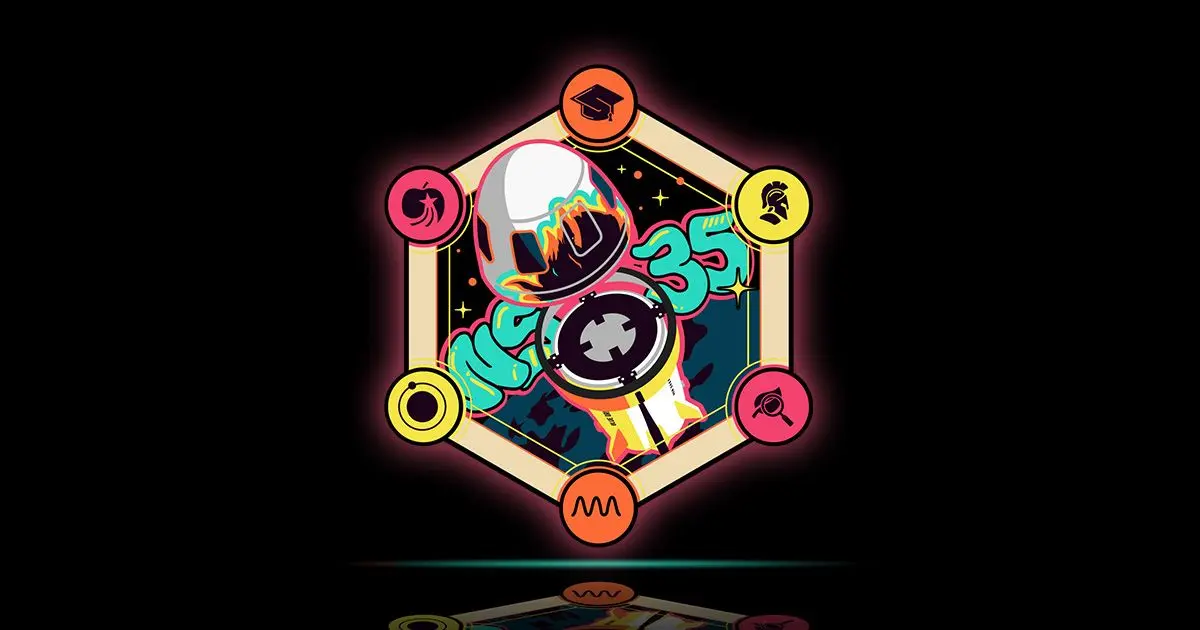Blue Origin scrubs NS-35 launch

UPDATE: Blue Origin announced they are scrubbing today's launch.
The company posted on X:
"The team encountered an issue related to the booster’s avionics. New launch target forthcoming."
ABC-7 will provide updates on-air and online as more information becomes available.
VAN HORN, Texas (KVIA) — Blue Origin's 35th New Shepard mission is set to carry more than 40 scientific and research payloads into space.
Liftoff is expected to take place around 6:30 a.m. from the company’s Launch Site One in West Texas.
ABC-7 will livestream the launch as soon as it begins.
The uncrewed NS-35 mission will utilize Blue Origin’s dedicated payload capsule RSS H.G. Wells and the same booster that flew the landmark NS-29 mission.
Among the payloads are 24 student-led experiments from NASA’s TechRise Student Challenge, giving U.S. middle and high school students hands-on experience with real-world space engineering challenges.
The winning experiments explore topics such as space farming, medical solutions in microgravity, and liquid behavior in zero gravity.
The program is administered by Future Engineers and funded by NASA’s Flight Opportunities program.
Also onboard are experiments from leading research institutions including the University of Florida, Johns Hopkins Applied Physics Laboratory, Carthage College, and University of Central Florida, as well as private companies such as Teledyne and Ecoatoms. The payloads span a range of research areas—from biological imaging and fuel cell testing to spacecraft refueling techniques.
One notable payload, the A.R.E.S. experiment from Ecoatoms, will test a novel chemical coating process using 432 sensors, marking a first-of-its-kind demonstration in microgravity. Another, BISS from the University of Florida, will adapt ISS imaging technology to analyze how biological organisms respond to suborbital flight.
Carthage College’s PROTO and MUD experiments will continue their work in developing safer and more efficient methods for measuring and managing spacecraft propellant in space. Supported by NASA and the Wisconsin Space Grant Consortium, these experiments aim to enhance in-orbit refueling—an essential component of future deep-space missions.
Blue Origin’s nonprofit arm, Club for the Future, will also send thousands of student-designed postcards as part of its ongoing Postcards to Space initiative. The organization has already reached nearly 95 million people worldwide, aiming to inspire the next generation of space explorers through classroom programs, STEAM engagement, and partnerships with educational institutions.
